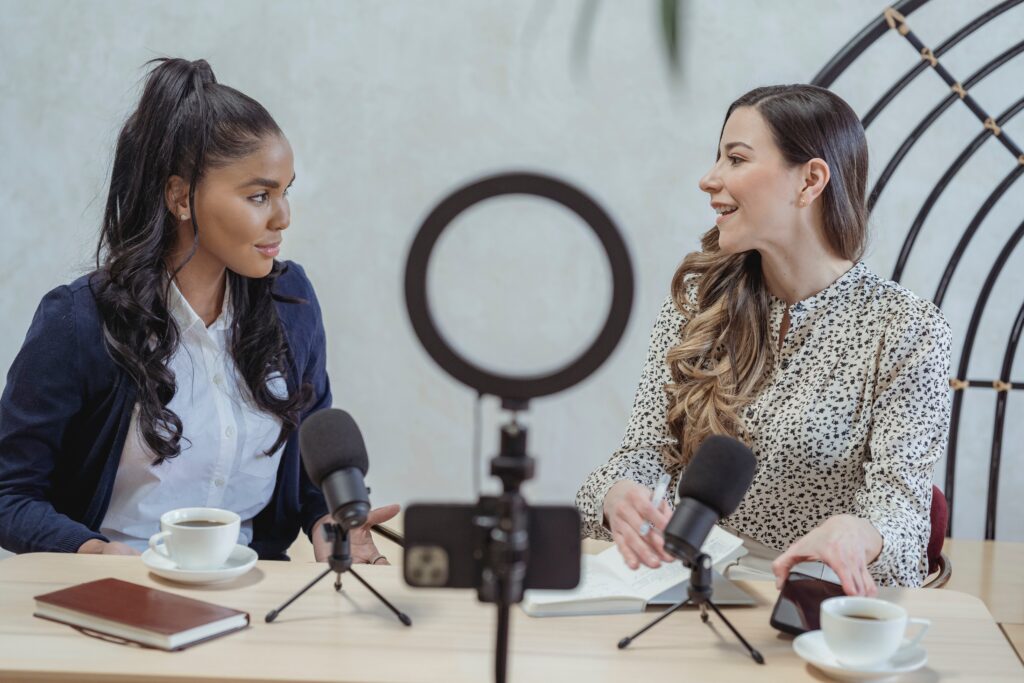About a decade ago I went down the rabbit hole of learning about food. I started with the woo-woo stuff (Kris Carr’s book isn’t bad), did a stint with the conspiracy theorists (Forks Over Knives, Anything about gluten and your brain), and then graduated to the promised land of Michael Pollan.
If you haven’t read The Omnivore’s Dilemma and In Defense of Food, please do so immediately.
By the time I arrived at Pollan, my bullsh*t-o-meter was finely tuned and I was ready to subsume the wisdom and intelligence emanating from inside the pages.
The part I remember being moved by was his bit about reductionist science. Or as Pollan says, in what has become his most quoted line to date, as well as my guiding principle for food: It’s not the beta-carotene, it’s the carrot.
And we aren’t sure why.
It’s that last part I want to talk about. Other “experts” seemed to be peddling a feigned certainty that didn’t align with the facts. When the only fact we have (so far) is this: We aren’t sure why.
We aren’t sure why it’s not the betacarotene, but it is the carrot.
We don’t know yet. We need more and better science.
But instead of starting the conversation there, which is the only place to start, people do the opposite.
Industries have been built on the maintenance of the illusion of certainty: Take this, get that outcome. Take that, get this outcome. But it isn’t true. The fact is we have no idea – we know very little about food and nutrition. And the little we do know is built on shaky ground because the studies in food and nutrition are a hot mess of bad science and nefarious motives (if you really want to go down the rabbit hole, Marion Nestle is worth all your time).
You cannot talk about food without talking about farming. And you cannot talk about farming without talking about climate. Or history. Or politics. (For more on why it all connects, read this book). And the rabbit hole gets deeper and deeper from there.
There are many things we do know. And you can’t uncover what they are unless you’re willing to start with, “I don’t know.”
Making an assertion without this posture might get you a book deal, but it will not stand the test of time other than being one more feather in our cap of intellectual dishonesty.
Be wary of anyone selling you certainty.
Margo
PS: I give you a foie gras parable




